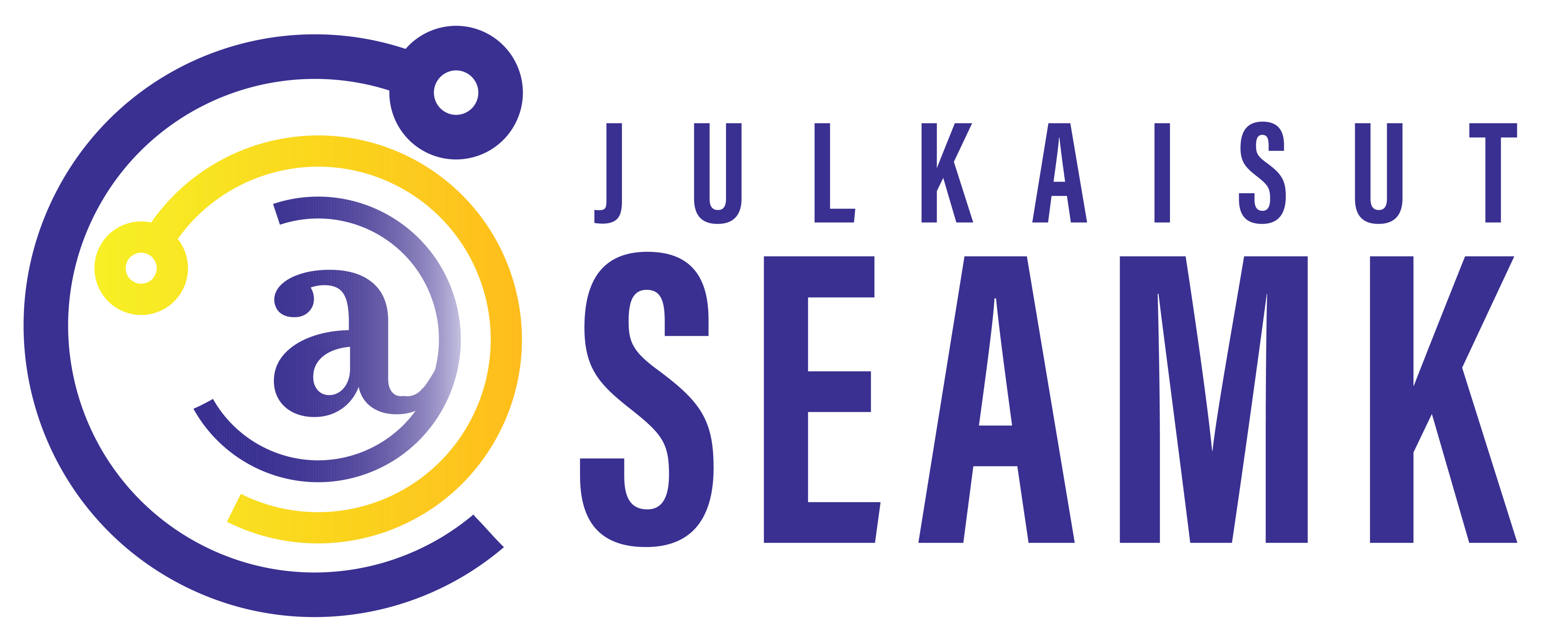Delegate and delete – ways out of burnout

A project called VOIMA – More well-being for tourism entrepreneurs has the core theme of well-being at work and how to increase it. The Main idea is, that it can be done so that it is good for the entrepreneur, employees, customers, and therefore for the economy at the same time. There are three important factors that need to be considered: physical, mental and social well-being. All these can be considered if there is a genuine dialogue between the different stakeholders. In this article, the focus is the mental and physical well-being of the entrepreneur, which is the fundament for everything else.

Picture: Gerd Altmann Pixabay.
An enterprise can’t be doing well if the entrepreneur is not doing well
The well-being of the entrepreneur is fundamental. Quite a few entrepreneurs, unfortunately, suffer burnout at some point of their working carriers. Samu Lescelius and Anu Kuivaniemi both work on the field of tourism. The common experience for them was, that although the work was highly interesting, fun and they experienced a flow of work, they worked over their capacity. They ended up in a situation, where they experienced the symptoms which correlate exactly with the symptoms of a burnout. Lappi (2022) reports how WHO defines the phenomenon of burnout: firstly, the feeling of exhaustion. Secondly, inability to distance oneself from work during out of office hours and increasingly cynical and negative attitude towards work. Finally, decreasing professional identity.
The interviewees Anu Kuivaniemi and Samu Lescelius stated that the initial symptoms of burnout include irritability, short temper, and fatigue additionally accompanied by sleeping problems, accumulation of tasks, difficulty in getting things done, struggling to respond to calls and emails, as well as a sense of guilt. It does not matter, whether the original cause is burnout, overexertion, overload, fatigue – or a combination of these all. Our body reacts to all of these in a quite similar way and requires a similar recovery process. Recovery takes a significant amount of time. Six months is a short period for full recovery and may be possible if the burnout hasn’t been prolonged, or if one can rest and avoid work during that time. Alongside work, recovery can take several years.
The responsibility of one’s own well-being is a serious matter
Everyone is responsible for their own well-being. Rarely does an outsider come to tell you that you have burnt yourself out. Both interviewees stressed the importance of regular, weekly days off, also during a high season. Moreover, they also emphasized the importance of sleep. Nighttime awakenings, difficulties falling asleep, or early morning waking should be addressed as soon as possible. Sleep involves many aspects related to bodily recovery, making it an absolute prerequisite for recuperation.
Overexertion and burnout are illnesses just like any others. So, it’s useless and not worthy to blame, feel guilty about, or be ashamed of the situation. Unfortunately, burnout is a rather common phenomenon. When one is approaching it for the first time, it may be difficult to notice the symptoms. Having gone through burnout once, one learns to observe the signs and can take a break and make required adjustments earlier, and better avoid it from emerging again. Achieving the full recovery requires identifying the factors that led to burnout and making changes accordingly. Delegating tasks to others who can help is important. Also deleting harmful habits and manners is needed. And changing our habits is often more difficult than learning new ones.
Read more about the project: VOIMA – More well-being for tourism entrepreneurs
The project is funded by the REACT-EU Instrument as part of the European Union’s response to the COVID-19 pandemic.
Salla Kettunen
project manager
SeAMK
Kaija Loppela
Principal Lecturer (wellbeing at work)
SeAMK
Elina Järvinen
Expert, R&D
SeAMK
